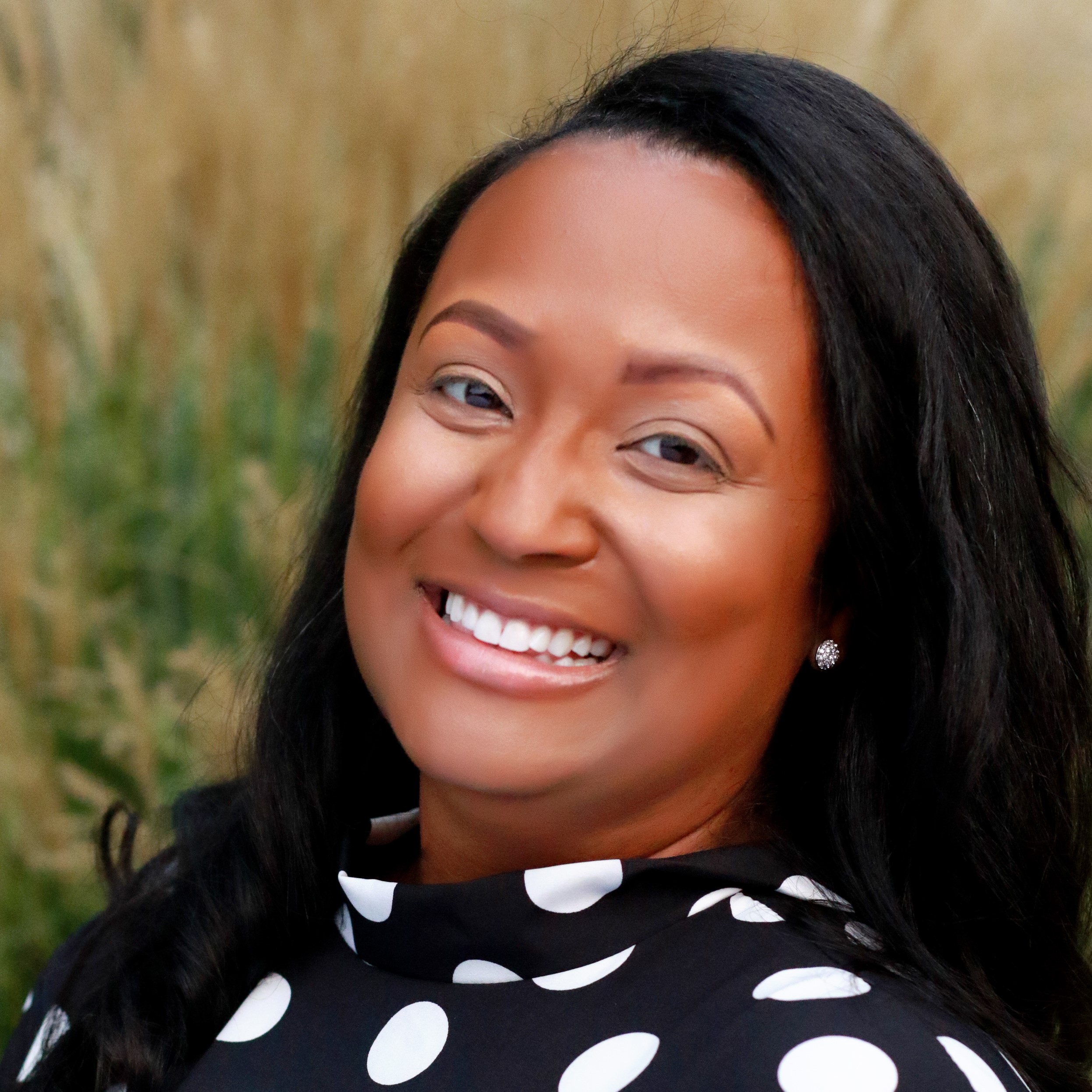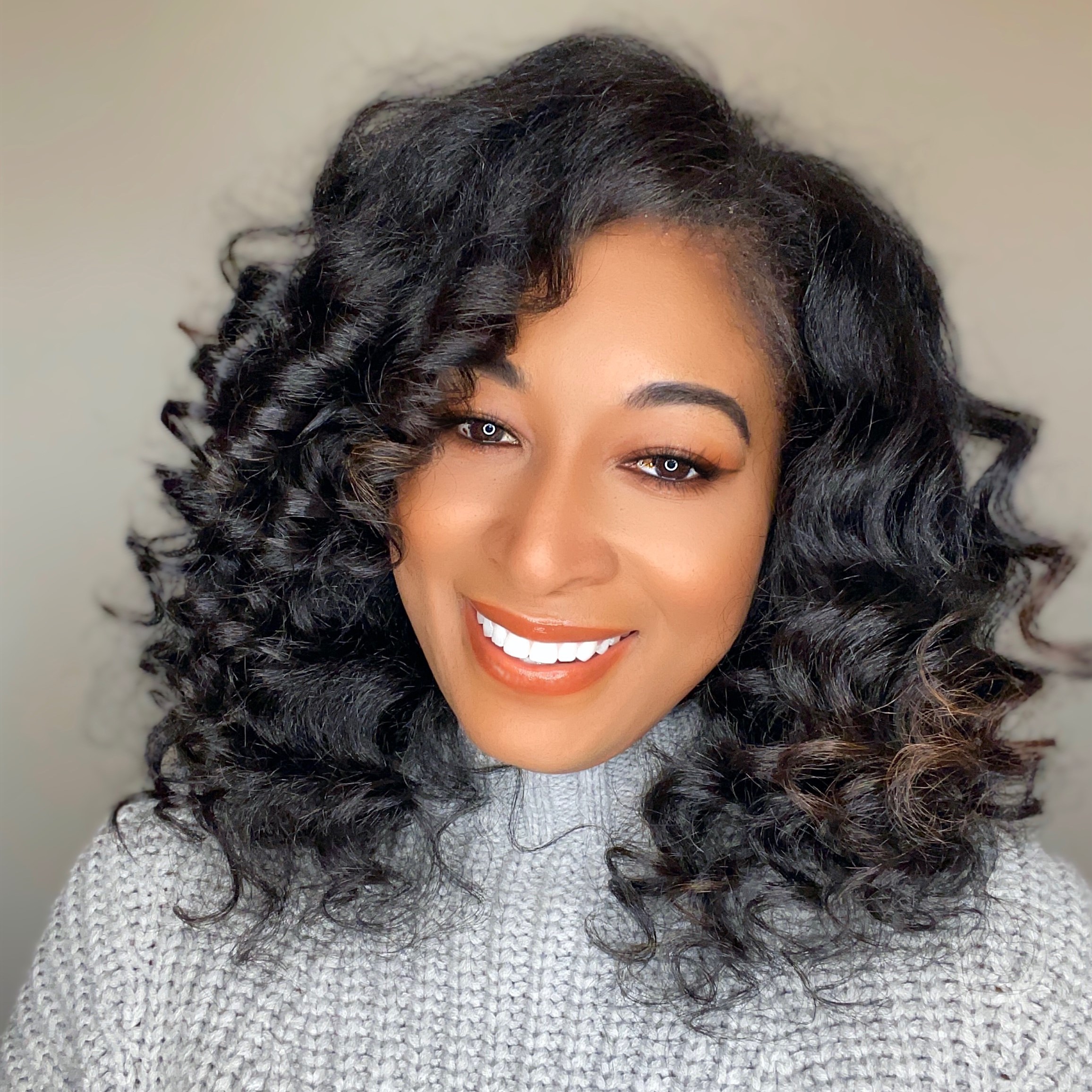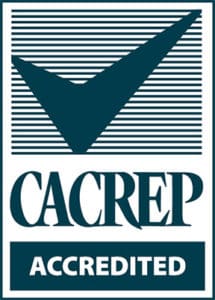MA in Clinical Mental Health Counseling
Counsel others to cope with life’s challenges.
Unite passion and purpose with Antioch University’s counselor education programs. According to the American Counseling Association (ACA), counseling is a professional relationship that empowers diverse individuals, families, and groups to accomplish mental health, wellness, education, and career goals (ACA, 2018). We strive to give our adult learners the skills and knowledge needed to address the complexity of issues impacting the mental health of individuals and families. As a competency-based program, the curriculum represents the highest standards of professional ethics, theoretical integration, clinical skills, and multicultural and social justice counseling competencies.
Program Overview
This CACREP-accredited counselor education program, with a specialty area in clinical mental health counseling, provides learners with a transformative education that fosters innovation and inspires social action. The program trains students in eight (8) core areas: professional counseling orientation and ethical practice, social and cultural diversity, human growth and development, career development, counseling and helping relationships, group counseling and group work, assessment and testing, and research and program evaluation.
This program is offered in two deliveries, online with two-week-long intensive residencies (based in Ohio) and weekend low-residency (in Keene, NH, and our new site anticipated for Fall 2025 in Yellow Springs, OH). This page will provide information on the weekend delivery. For more information about online delivery with residencies, please visit this page.
The weekend low-residency model has courses that are offered 75% face-to-face on weekends with the remaining 25% online. Summer electives are offered online and shared with students in the online delivery. This program is designed to lead to state licensure.
The Clinical Mental Health Counseling (CMHC) Program promotes the development of professional identity by encouraging an active, continuous examination of one’s self in three areas – as an individual, as a professional counselor, and as a social justice advocate. The program is devoted to training students from diverse backgrounds, endorsing the principles of social justice by confronting oppression and injustice, and working with underserved populations. Students are prepared, as professional counselors, to work with individuals, groups, and social systems within a multicultural global community to promote mental health and well-being for all.
Students attending full-time take three to three and a half (3-3.5) years to complete the program. Students who desire a part-time student status can anticipate approximately four to five (4-5) years to completion. Students should expect to spend approximately nine hours per week on each course, in addition to 20 hours a week onsite at a local clinical setting when practicum and internships begin.
The program is 60 total semester credit hours. 14 core classes make up 42 of the credit hours, practicum and internship courses constitute 9 of those credit hours, and the remaining 9 credit hours are made up of elective courses.
A minimum of 100 hours of Practicum and 600 for Internship is required (if students live in states with licensure requirements that exceed 600 hours, the program can accommodate that need). For more information on specific course descriptions, credits per course, and general program requirements, please see the Academic Catalog.
- Ethical Practice: Students will demonstrate principles and standards of professional ethics in counseling and ethical decision-making informed by social justice.
- Social and Cultural Diversity: Identify strategies needed to address institutional and social barriers that impede access, equity, well-being, and success for clients.
- Human Growth and Development: Students will demonstrate knowledge of lifespan development and the capacity to integrate knowledge of developmental theory into practice.
- Career Development: Identify career development strategies that incorporate a focus on social justice and advocacy.
- Counseling and Helping Relationships: Demonstrate an understanding of theories of counseling and development of case conceptualizations and treatment plans that are underpinned by social justice
- Group Counseling and Group Work: Integrate into their practice the awareness of the influence of social and cultural contexts on groups
- Assessment and Testing: Students will demonstrate a broad understanding of different types of assessments, the selection and use of assessment tools, client assessment and diagnosis, trauma assessment, and the assessment of self-inflicted harm and danger to others.
- Research and Program Evaluation: Demonstrate and apply their professional identity as a clinical mental health counselor through an individual philosophy of practice grounded in critical analysis research and interpretation.
- Clinical Mental Health Counseling Specialty Area: Clinical Mental Health Counseling students will demonstrate an understanding of foundational knowledge, demonstration of competence in clinical mental health practice, knowledge of social justice issues, and a focus on wellness.
- Professional Dispositions: From admission through exit, students will demonstrate the attitudes, characteristics, and behaviors defined by the program as characteristics of exemplary counseling professionals.
Additional Information
The Bureau of Labor Statistics projects a strong need for mental health counselors. Counseling is projected as one of the faster growing mental health professions — increasing over the next 7-10 years. Graduates of the CMHC Program will have the knowledge, skills, and attitudes required to function as a professional clinical mental health counselor. They will be prepared for employment in a variety of settings and able to meet certification and licensure standards as mental health counselors through education in a CACREP-accredited program.
Graduates of the CMHC Program may apply for professional credentials recognizing their level of training and experience. Credentials may be granted by national professional boards/organizations or by state regulatory boards.The legislature in each state establishes the criteria for licensure and an appointed board determines if an individual’s education and experience meet their standards. The program is designed to be consistent with the standards of the representative professional organizations. Individual states vary as to specific coursework, number of hours of supervised practice, supervisor qualification, and other required criteria. While the program offers coursework and internships that allow students to put together a licensable portfolio, states may also have non-academic licensure requirements. For this reason, the program cannot guarantee licensure. Students with any criminal history should inquire with the state board in advance to determine whether that history will hinder their ability to become licensed in their state. As graduates of a CACREP accredited program, students are eligible to obtain full certification as a National Certified Counselor (NCC) upon graduation after passing the National Counselor Exam. See the NBCC website for information on this process.Students will learn about the steps to licensure for the state in which they plan to pursue licensure in the Professional Orientation and Ethics course, however, students are responsible for knowing the expectations of the state in which they plan to apply. Students should actively consult their state’s counseling board for the most recent information about professional licensure. The following websites are helpful when navigating the licensure process: National Board of Certified Counselors American Counseling Association American Mental Health Counseling Association American Association of State Counseling Boards
Accreditation
Faculty Spotlights

Debora Smith, PhD
Associate Professor

Phebe Brako-Owusu
Adjunct Faculty

Sadé M. Dunn EdD, NCC, LCPC, LPC
Adjunct Faculty

Shanel Robinson, PhD
Adjunct Faculty
Admissions
The CMHC program values diversity and encourages students of all backgrounds to apply for admission to the program. The faculty strive to create and support an inclusive learning community that meets the different learning styles of students admitted to the program. Students are encouraged to foster relationships with their peers through class discussions and small group activities.
Deadlines
| Program | Term | Deadline |
|---|---|---|
| MA in Clinical Mental Health Counseling (Low-Res/Online) | Fall | July 15 |
| Spring | November 15 | |
| MA in Clinical Mental Health Counseling (Low-Res/On-Campus) | Fall | July 15 |
How to Apply
- Complete the online admissions application, including:
- Essay questions-
- We are curious about your previous experiences (e.g., personal, professional, and academic) and would like to know how these experiences have led you toward the choice to apply to the Clinical Mental Health Counseling Program at Antioch University. Please describe a few of those fundamental experiences.
- The Clinical Mental Health Counseling Program is both academically and emotionally rigorous. What challenges, if any, do you foresee encountering during your studies? What forms of support will you use to meet those challenges?
- Antioch University and the Clinical Mental Health Counseling Program are committed to preparing professional counselors to be culturally competent and become advocates for social, economic, environmental, and racial justice. How does social justice and becoming culturally competent align with your interest in becoming a professional counselor?
- What are your professional goals in relation to the Clinical Mental Health Counseling Program and how will this program specifically help you to reach those goals?
- Resume/curriculum vitae (CV)
- Non-refundable $50 application fee
- Essay questions-
- Submit official transcripts from all colleges or universities where you earned a degree or certificate (A cumulative GPA of 3.0 or higher is preferred)
- email transcripts to [email protected] or
- mail to:
Office of Admissions
Antioch University New England
40 Avon Street
Keene NH 03431-3516
- Two letters of recommendation are required from people who are in a position to evaluate your professional (e.g., supervisor, colleague) or academic (e.g., faculty) work. The person making the recommendation may not be related to you.
- There are additional requirements for International applicants and applicants without a Bachelor's degree
- Interview with the CMHC Program admissions committee if selected. This interview will be conducted via Zoom (video conferencing).
- Master’s and Certificate Programs do not require the GRE or any other standardized test for admissions. We consider all of your application materials and evaluate your academic potential in a variety of ways.
- Optional: If you do not feel as if your academic transcript(s) reflect your current ability to be successful as a graduate student, please be sure to highlight a plan for being successful in this program.
Official transcripts should be emailed to [email protected] or mailed to:
Office of Admissions
Antioch University New England
40 Avon Street
Keene, New Hampshire 03431-3516
All application materials submitted become part of an applicant’s file and cannot be returned.
LEARN MORE
Tuition & Financial Aid
A college education is an investment in your future. Let us help you understand the costs and explore the resources available to help make your college education even more affordable. The majority of AUNE students finance their education through some form of financial aid. You may not be sure which federal, state, public and private aid packages – such as loans, scholarships, and grants—are right for you. Our staff is here to help you, so you can focus on what’s most important: beginning your academic program at AUNE.
Cost
| Department/Program Name | Tuition Cost per Credit | Total Program Credits |
|---|---|---|
| CLINICAL MENTAL HEALTH COUNSELING | ||
| Degrees: | ||
| Clinical Mental Health Counseling, MA *with careful course selection a certificate in Trauma Counseling OR Addictions counseling is possible within the CMHC degree requirements | $944 | 60 |
| Clinical Mental Health Counseling, MA (Online) *with careful course selection a certificate in Trauma Counseling OR Addictions counseling is possible within the CMHC degree requirements | $840 | 60 |
| Art Therapy and Clinical Mental Health Counseling, MA (online) | $840 | 66 |
| Certificates (if pursued as an independent credential): | ||
| Certificate in Clinical Mental Health Counseling, Addictions Counseling | $600 | 12 |
| Certificate in Clinical Mental Health Counseling, Trauma Counseling | $600 | 9 |
| Clinical Mental Health Counseling, Post-Master’s Respecialization Certificate | $840 | Variable (9-15) |
| MA in School Counseling | $840 | 60 |
| Certificate in School Counseling | $840 | 18 |
| Art Therapy Residency | ||
| View the Cost of Attendance Components | ||

Start your Antioch Journey
Take your next step - talk to our admissions team to find the right program for you.

